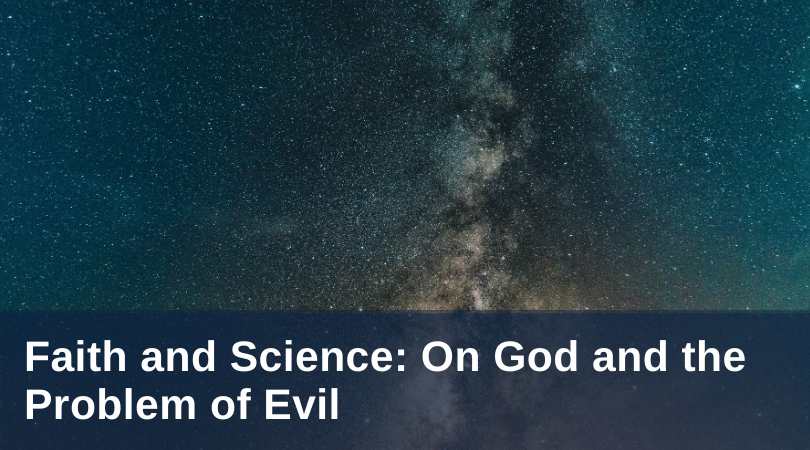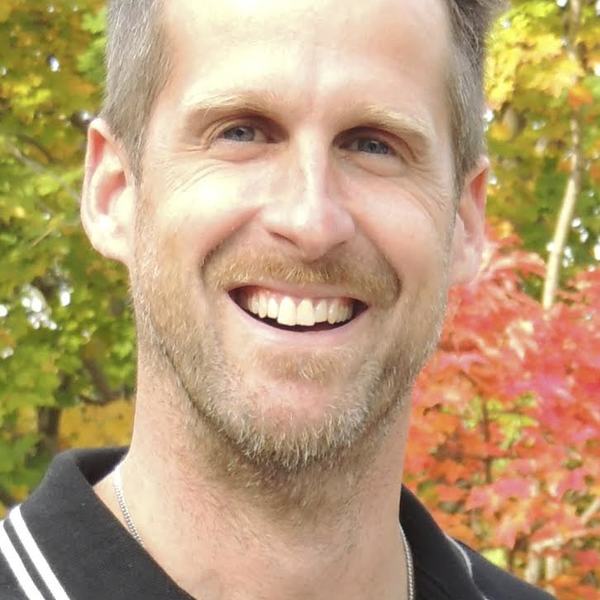
Editorial Note: This post is part of our #FaithAndScience series exploring the relationship between science and religion.
The fact that nature is “red in tooth and claw,” to borrow a famous line from Tennyson, can create an apparent conflict between evolution and Divine Providence. The seemingly arbitrary death and destruction that is inherent in the evolutionary process can be hard to reconcile with a providential loving God. Even a cursory glance at the evolutionary timeline indicates that our current state has been shaped by numerous violent environmental upheavals: floods, meteor impacts, volcanic eruptions, plagues, famines, etc. In particular, the natural evils that humanity has dealt with during the past 300,000 years of our collective existence raise many difficult existential questions.
What kind of a God exposes humans to such natural horrors? How can one reconcile the existence of an all-loving, all-powerful God with a “nature red in tooth and claw” that ravages humanity at every turn? The current COVID-19 outbreak, an example of the type of natural evil that has hounded humanity from our origin, makes these questions all the more relevant. The co-existence of moral evil with an all-loving God seems to be more readily explained than the co-existence of natural evils. Moral evil and its insidious effects are the consequence of our own free choice to reject the all-loving God. It is the result of our desire to turn in upon ourselves at the expense of those around us. As Joseph Ratzinger (later Pope Benedict XVI) points out: “When I destroy a relationship, then this event—sin—touches the other person involved in the relationship. Consequently, sin is always an offense that touches others, that alters the world and damages it” (Ratzinger, In the Beginning, 73).
Yet as Ratzinger implies, our sin even damages our relationship with the world, not simply our relationship with others or with God. Humans are intrinsically relational; we are formed in relationships both naturally through our biological parents and supernaturally through the Trinity. As created beings, humans are also meant to exist in right relation to all of creation, as the text of Genesis 1 so beautifully illustrates. However, just as human sin can radically damage our relationships with God and others, the human introduction of sin into the world also radically alters the relationship God intended between humanity and Creation. Rather than accepting our part within the created world, through sin, we rejected our creatureliness. We rejected our utter dependence on relationships in a vain attempt to become self-sufficient. This rejection has placed us at odds with God’s gift of creation.
Natural evils like COVID-19 are not examples of nature getting back at us; rather, they are examples of how all of humanity suffers the consequences of our damaged relationships. These consequences now reverberate across evolutionary time and space. But sin and its effects do not have the last word, for in all of these sufferings there is the hope of redemption. In the book of Revelation, John “saw a new heaven and a new earth; for the first heaven and the first earth had passed away” (Revelation 21:1, NRSV). While the contours of this new heaven and new earth lie beyond our comprehension, what is certain is that the damaging effects of sin will be removed by the One who, through his suffering and Death, has made all things new (see Revelation 21:5). It is in the Cross that the only possible answer to the theodicy problem lies. It is the only event that can make sense of humanity’s evolutionary past and present.
The McGrath Institute's Science & Religion Initiative recently produced a free resource that addresses questions at the intersection of faith & science. If you'd like to receive this resource in your inbox, submit your email below:


